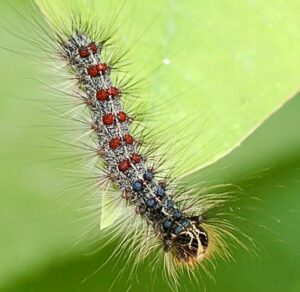
Lymantria Dispar No Longer Called the 'Gypsy Moth'
When we think of insects, rarely do we think, “Wow, look at that beautiful Danaus plexippus!” In both conversation …



El inglés es el idioma de control de esta página. En la medida en que haya algún conflicto entre la traducción al inglés y la traducción, el inglés prevalece.
Al hacer clic en el enlace de traducción se activa un servicio de traducción gratuito para convertir la página al español. Al igual que con cualquier traducción por Internet, la conversión no es sensible al contexto y puede que no traduzca el texto en su significado original. NC State Extension no garantiza la exactitud del texto traducido. Por favor, tenga en cuenta que algunas aplicaciones y/o servicios pueden no funcionar como se espera cuando se traducen.
Inglês é o idioma de controle desta página. Na medida que haja algum conflito entre o texto original em Inglês e a tradução, o Inglês prevalece.
Ao clicar no link de tradução, um serviço gratuito de tradução será ativado para converter a página para o Português. Como em qualquer tradução pela internet, a conversão não é sensivel ao contexto e pode não ocorrer a tradução para o significado orginal. O serviço de Extensão da Carolina do Norte (NC State Extension) não garante a exatidão do texto traduzido. Por favor, observe que algumas funções ou serviços podem não funcionar como esperado após a tradução.
English is the controlling language of this page. To the extent there is any conflict between the English text and the translation, English controls.
Clicking on the translation link activates a free translation service to convert the page to Spanish. As with any Internet translation, the conversion is not context-sensitive and may not translate the text to its original meaning. NC State Extension does not guarantee the accuracy of the translated text. Please note that some applications and/or services may not function as expected when translated.
Collapse ▲
When we think of insects, rarely do we think, “Wow, look at that beautiful Danaus plexippus!” In both conversation …
Although we were spared much of the brunt of Tropical Storm Elsa, parts of North Carolina were still pummeled …
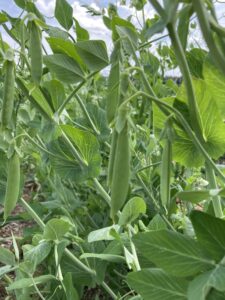
I noticed that our local farmers’ markets and farm stands have a wide variety of local produce in the …
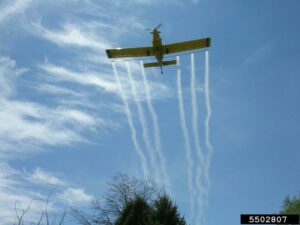
This month, the N.C. Department of Agriculture and Consumer Services is beginning treatments for Lymantria dispar (formerly known as ‘gypsy moth’) at …
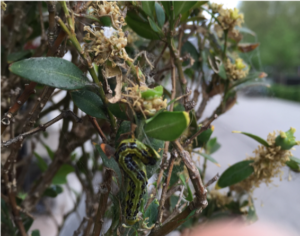
Box tree moth, Cydalima perspectalis, is native to Asia. It was introduced into Europe in 2007 and quickly spread …
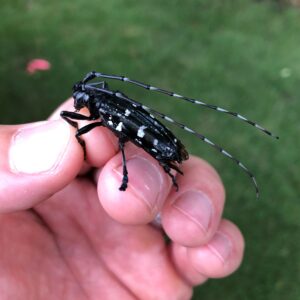
Original article written by Laura Oleniacz for NC State News, published May 25, 2021. If you’re planning to try to …
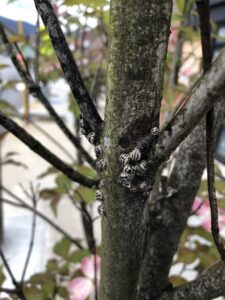
Calico scale, Eulecanium cerasorum, was accidentally introduced to California from Asia in the 1920s. It has now become established …
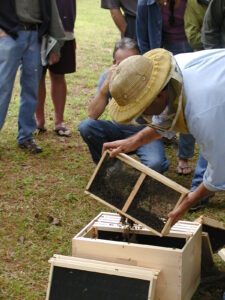
Springtime for beekeepers is synonymous with starting new colonies, especially since annual losses have been hovering ~40% every year so …
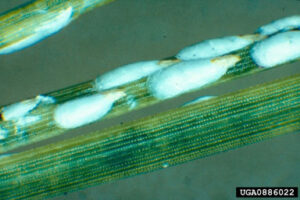
It’s not just baby birds that hatch from eggs each spring. In the next several weeks, pine needle scale …
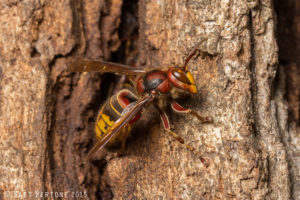
Last year, there was a lot of media buzz (no pun intended) surrounding the introduction of Asian giant hornets …
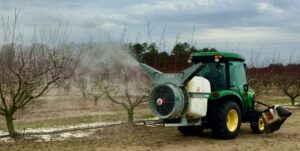
The NC State Extension Small Fruits Program is organizing an Air-Blast Sprayer Training in a HYBRID format April 13–14, 2021. …
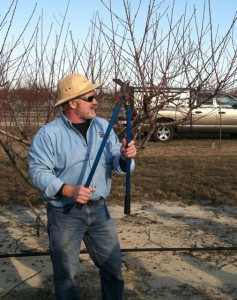
A Message from the NC Peach Growers’ Society NC Peach Growers, The year 2020 marked the …
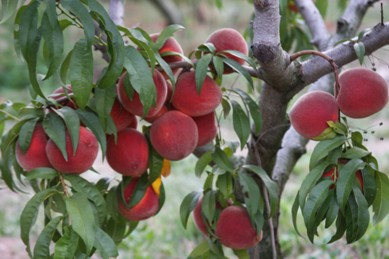
The NC Peach Growers’ Society’s annual meeting is always held on the fourth Tuesday in January. This year will …
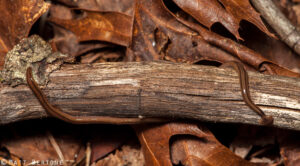
PLEASE NOTE: NC State University and local agencies (e.g. NCDA&CS) are not currently tracking species that are already known to exist …

This is an updated version of an older post from 2017. Apparently COVID isn’t stopping some insects from traveling and …
The 72nd Annual Crop Protection School will be held Wednesday, December 2, 2020, online via Zoom. RSVP is required, …
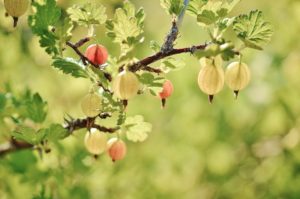
9/16/2020 – (Reviewed 8/28/2024) The short answer is “no.” You cannot legally grow currants or gooseberries in North Carolina. …

In the midst of the COVID-19 pandemic, it is reasonable to try and make fewer trips to the supermarket …

Are you planting wheat this fall? Join us for part 1 of our “Wheat Production Series” on September 25, 2020, from …
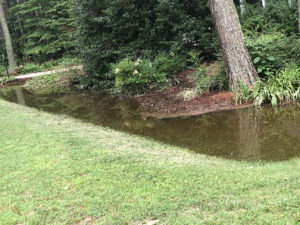
With odds increasing that Tropical Storm Isaias will hit some part of coastal North Carolina, we can expect some flooding …
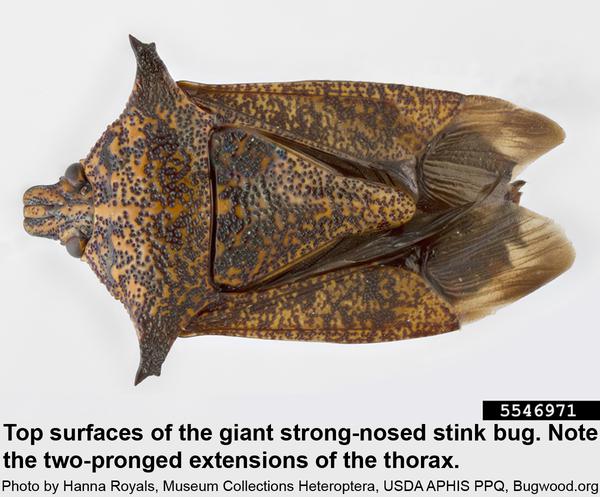
This factsheet describes the biology of the giant strong-nosed stink bug, Alcaeorrhynchus grandis, and provides …

This manual prepares pesticide applicators for Forest Pest Control Certification exams in the following states: …
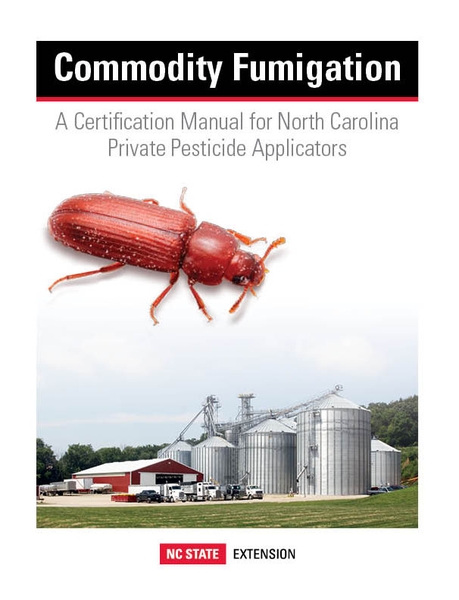
This manual provides guidance tailored for North Carolina's non-commercial pesticide applicators using fumigants in commodity …
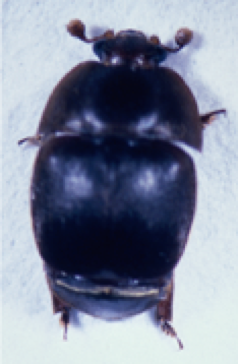
This factsheet describes the small hive beetle, its life cycle and how to prevent infestations …
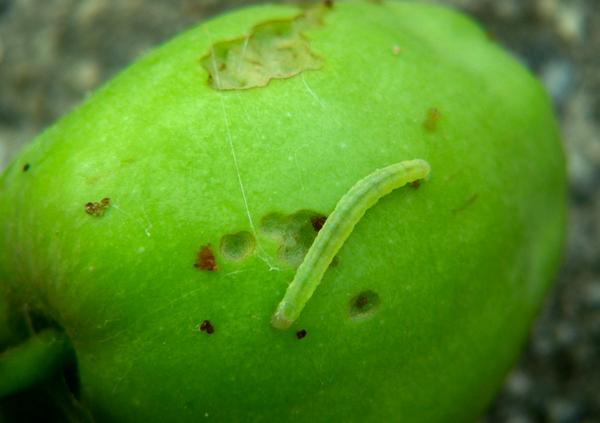
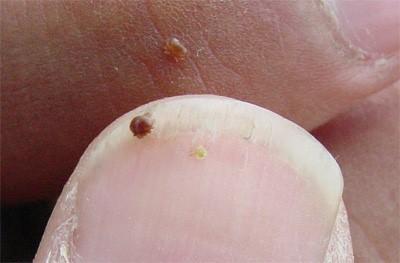
It is the goal of every beekeeper to maintain healthy, productive colonies. This can only …
To apply restricted-use pesticides to agricultural commodities, you must be certified or be supervised by …

This factsheet offers information on the biology and management of the emerald ash borer, an …